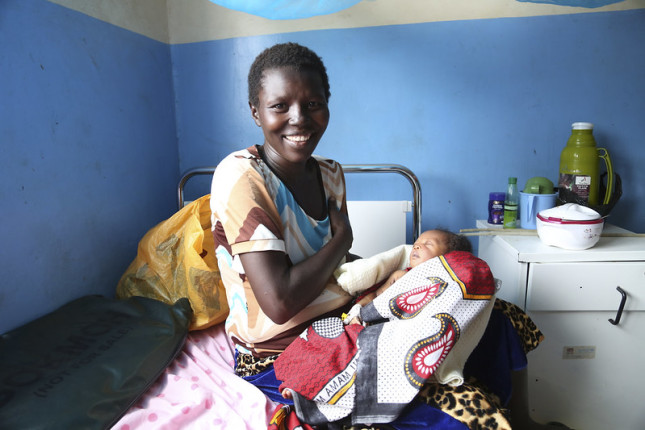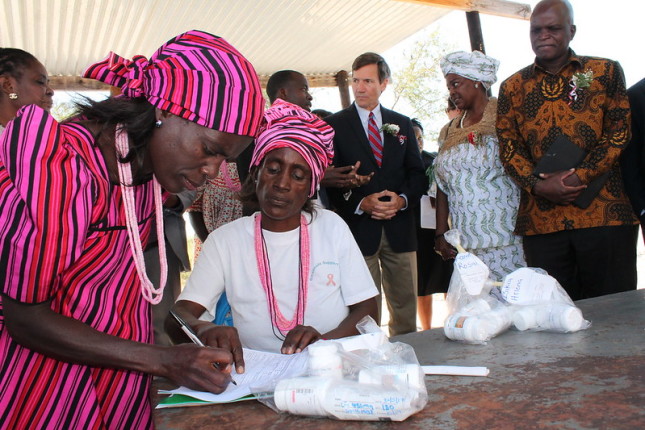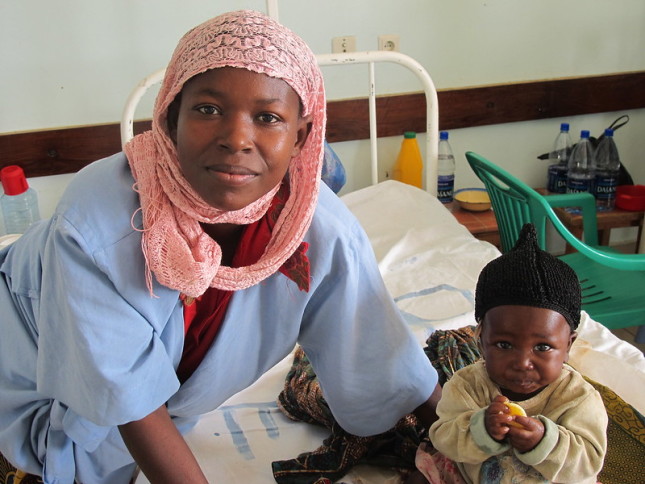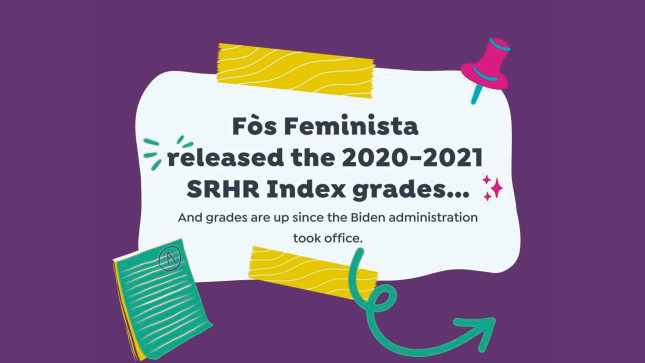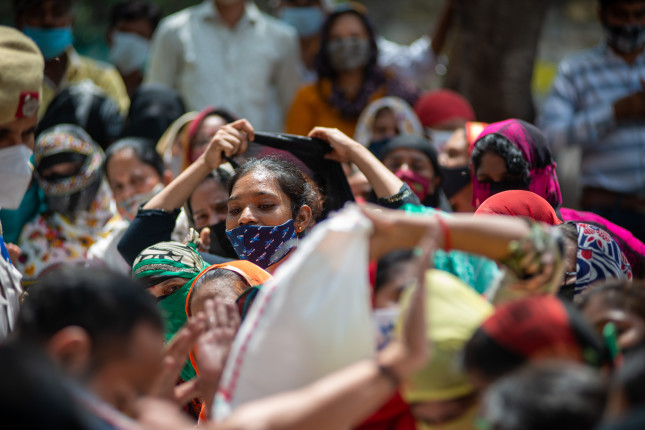-
Connecting the Dots to Gender Equality and Empowerment
›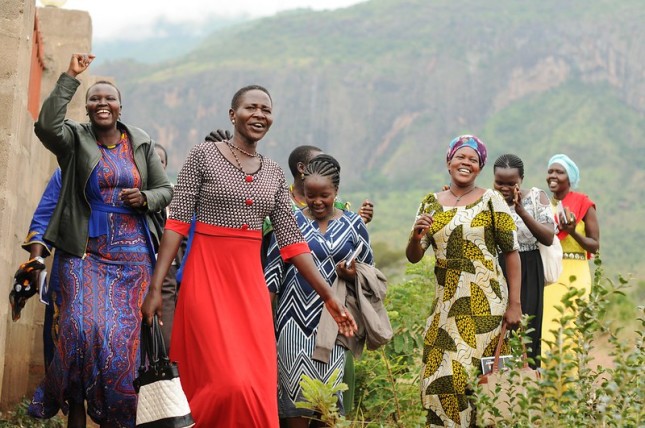
“Women’s ability to access education, pursue a career outside the home, or participate politically often hinges on their ability to exercise control and autonomy over their own bodies and reproduction,” said Sarah Craven, Director of the North American Representation Office at UNFPA at a recent Wilson Center event, hosted in partnership with Population Institute, to launch their new report, Connecting the Dots: Sexual and Reproductive Health and Rights as Prerequisites for Global Gender Equity and Empowerment.
-
Finding the Power to Prevent Maternal Deaths: Women Deliver 2023
›
The 2023 Women Deliver Conference in Kigali, Rwanda offered participants an opportunity to think deeply about gender equality, and the urgency of this moment in making progress was evident – even at a pre-conference event hosted by the United Nations Population Fund (UNFPA): Scaling Up Actions to End Preventable Maternal Deaths: Linkages with Family Planning, Bodily Autonomy and the Health Workforce.
-
Sustaining PEPFAR’s Success through Integration, Equity, and Inclusion
›
It has been two decades since President George W. Bush launched the U.S. President’s Emergency Plan for AIDS Relief – or PEPFAR, and a recent Wilson Center event to celebrate the anniversary demonstrated that its impact as one of the most successful global public health programs is indisputable. Since its inception, PEPFAR has invested more than $100 billion in the global fight against HIV and AIDS, resulting in more than 25 million lives saved and millions of new infections prevented.
-
Planning, Pleasure, and Progress: How ICFP 2022 Advanced the Family Planning Dialogue
›
The sixth International Conference on Family Planning (ICFP) held in Pattaya, Thailand in November 2022 offered an important reason for celebration: tens of millions more people are using a modern method of family planning now than were doing so when the first ICFP was held in London ten years ago. How has this happened? One key reason is that governments, corporations, non-governmental organizations, and donors globally are taking steps to advance reproductive freedom through providing voluntary family planning.
-
Top 5 Dot-Mom Guest Contributor Posts in 2022
›
In 2022, the Dot-Mom column published several pieces from expert guest authors from the greater maternal and reproductive health community. In our top read guest contributor piece of the year, Susie Jolly examined the role of colonialism in sexuality education globally. Jolly highlighted examples where sexual health knowledge is built on unethical medical research carried out on racialized people, such as the study of untreated syphilis among Black men in the United States. Sexuality educators, especially those placed in the Global North, have a responsibility to work to decolonize their work. Jolly suggests supporting resources led by marginalized people, critically examining colonialism’s influence in the understanding of sexuality, and shifting the dynamics of who decides on content to lend more weight to non-Western expertise and young people learning from their own experiences.
-
The Grades Are In: The Biden Administration Makes Progress on SRHR
›
For six years, the Sexual and Reproductive Health and Rights (SRHR) Index has been a tool to hold the United States accountable to the commitments made nearly three decades ago at the International Conference on Population and Development (ICPD) in Cairo in 1994, where 180 countries developed a human rights framework for global development that explicitly promoted SRHR for women and girls globally.
-
Chaos Continues: The Impact of the Revocation of the Global Gag Rule
›
Many researchers have documented the impact of the Global Gag Rule (GGR) around the world—and what happens when the policy is in place. “But we don’t know enough about what happens when the policy is revoked,” said Bergen Cooper, Director of Policy Research at Fòs Feminista at the launch of the organization’s new report, Chaos Continues: The 2021 Revocation of the Global Gag Rule and The Need for Permanent Repeal.
-
Sex Workers Face Heightened Risks during the COVID-19 Pandemic
›
“The COVID-19 pandemic has amplified pre-existing inequalities and vulnerabilities,” writes the United Nations Population Fund (UNFPA) in a recent report on the impact of COVID-19 on sex workers in East and Southern Africa. The pandemic has had an impact on people in marginalized communities around the world, but for sex workers globally, “the impact on livelihoods, human rights and health has been devastating, leaving many struggling to survive,” states the report.
Showing posts by Deekshita Ramanarayanan.


